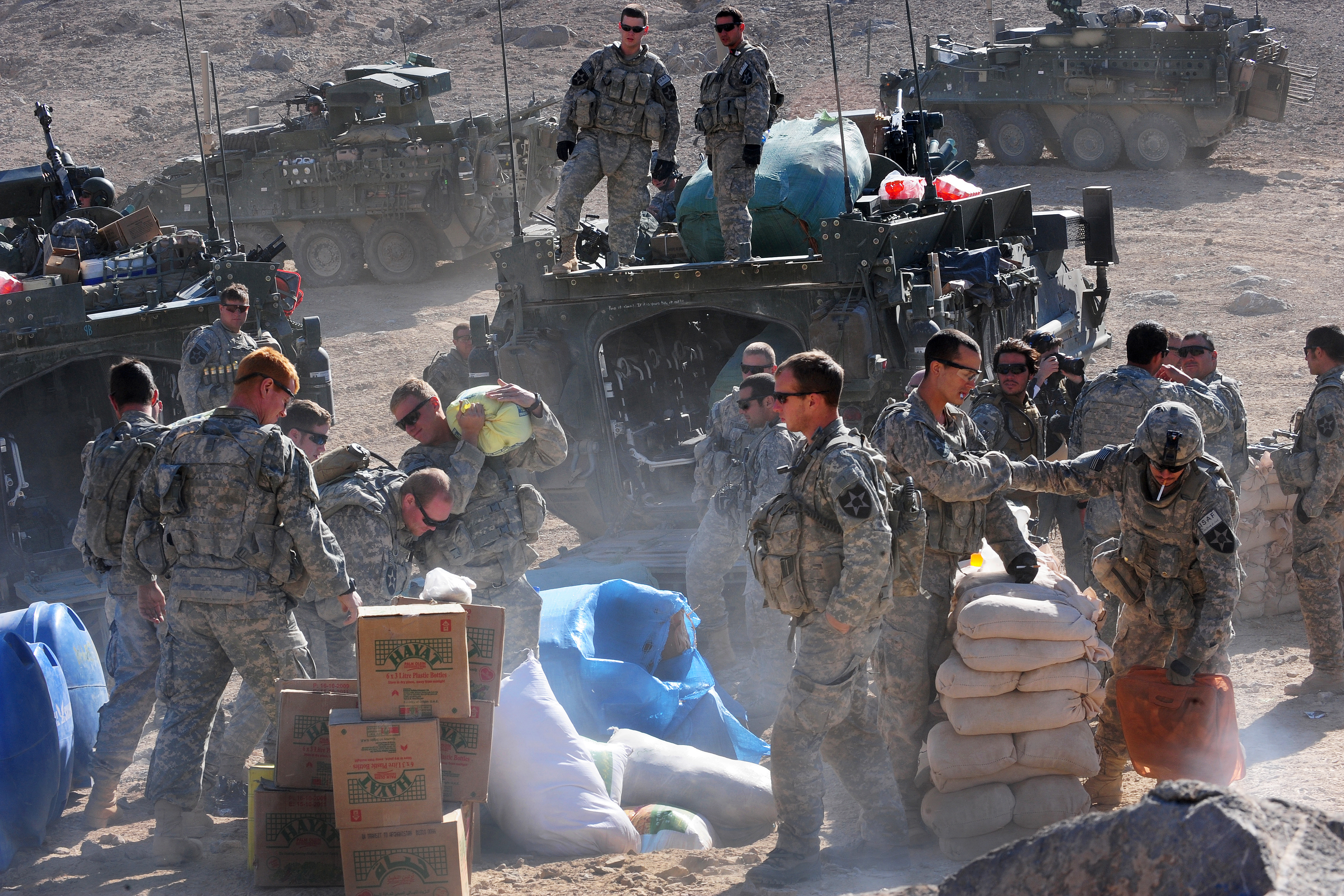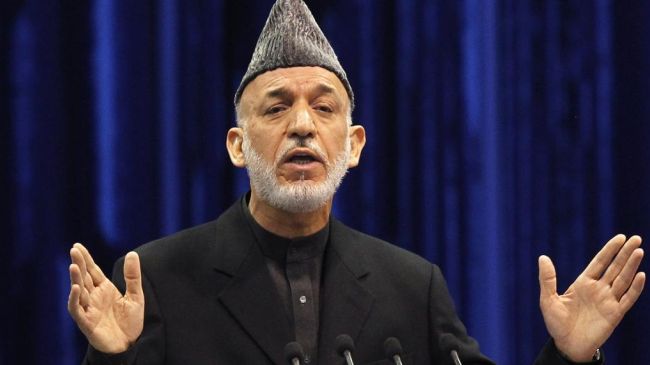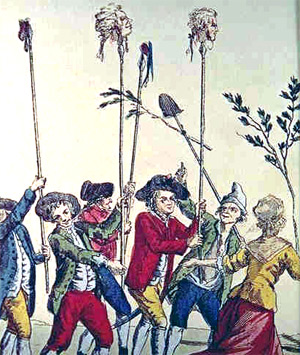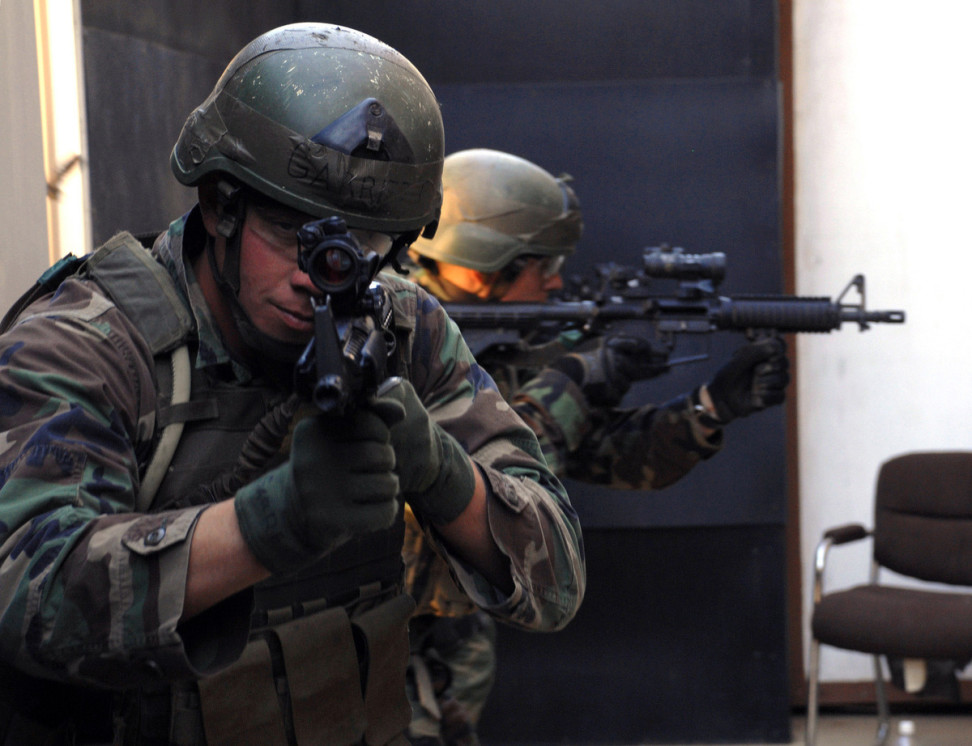
After twelve years of war Afghanistan is facing a pivotal year as the U.S. and NATO missions wind down and foreign troops prepare to leave the country. The fate of security in post 2014 Afghanistan hangs in the balance as a new bilateral security agreement (BSA) between the United States and Afghanistan has yet to be signed. There are around 32,000 American troops and 19,000 foreign troops still remaining in Afghanistan, but these numbers will gradually go down as most countries have already begun their exit strategies. The U.S. mission in particular will end in 2014 and will not continue unless a new BSA is signed between the two countries.
The U.S. has spent more than $50 billion over the past decade to build the 352,000 Afghan security force and estimates that maintaining this force will cost around $4 billion a year. In 2013 the Afghan government collected around $1.7 billion in revenue and had to rely heavily on foreign aid to fund many of its public institutions. The U.S. military has estimated that without American aid the Afghan government will only be able to afford to pay around 12% of the annual cost of the Afghan forces in the next few years. Therefore completing a new BSA with the U.S. is essential to the survival of the Afghan security force as it relies heavily on American funds to operate.
 The U.S. government has warned Afghan President Hamid Karzai that a new security deal with the U.S. and NATO is urgent to enable timely planning for the deployment of troops as well as logistics post 2014. White house spokesman Jay Carney has commented on this saying that “The longer there is a delay, the harder it is for NATO and U.S. military forces to plan for a post 2014 presence…This is a complicated piece of business and there cannot be and will not be U.S. troops in Afghanistan beyond 2014 without a signed BSA.” The U.S. government and particularly those within the military have also been threatening Karzai with the potential of pulling out all troops as well as foreign aid if a new security deal is not signed.
The U.S. government has warned Afghan President Hamid Karzai that a new security deal with the U.S. and NATO is urgent to enable timely planning for the deployment of troops as well as logistics post 2014. White house spokesman Jay Carney has commented on this saying that “The longer there is a delay, the harder it is for NATO and U.S. military forces to plan for a post 2014 presence…This is a complicated piece of business and there cannot be and will not be U.S. troops in Afghanistan beyond 2014 without a signed BSA.” The U.S. government and particularly those within the military have also been threatening Karzai with the potential of pulling out all troops as well as foreign aid if a new security deal is not signed.
NATO also has a vested interest in the signing of a new BSA as it is needed before it can sign its own Status of Forces agreement with Afghanistan. NATO’s top official, Secretary-General Anders Fogh Rasmussen has also warned that the failure to achieve a BSA and Status of Forces agreement with Afghanistan could result not only in a ‘zero option’ where all troops will be pulled out, but also puts at risk further financial assistance for Afghanistan’s security forces. Rasmussen recently told journalists “I don’t know how the Afghans will be able to pay soldiers and police if they don’t get financial support from the international community.” Most agree that these threats of a complete withdrawal of troops and aid to Afghanistan are not the optimal options for the U.S. and NATO; rather they are being used to pressure Karzai into signing a new deal quickly.
So far Karzai has refused to sign a new BSA with the U.S. before his country’s presidential election, however presidential candidates Abdullah Abdullah and Ashraf Ghani have both pledged to sign the BSA as soon as possible if they are elected in the second round of voting scheduled for June 14. Karzai had previously stated that he would refuse to sign the deal unless the U.S. military ends raids against Afghan homes in search of insurgents, and helps Kabul open peace talks with the Taliban. Karzai has also expressed that “Afghanistan will never be ready to sign anything under pressure…no pressure, no threats and no psychological war against our people will force them to sign the BSA.” Karzai has also questioned the motives of the U.S. counter terrorism mission stating that “if the U.S. wants to ally with Afghanistan they must explain their [anti-terrorism] policy and tell us who are we chasing, what do they want, and what is their target?”
 There are also others with a stake in this issue who are completely opposed to a new BSA and believe that the key to post war peace is the complete departure of foreign troops from Afghanistan. This sentiment has been shared by former Afghan Prime Minister Ahmad Shah Ahmadazi who stated that “The foreign forces must withdraw- no option of being in Afghanistan because we strongly believe as far as the ISAF and American forces are in Afghanistan there will be no peace at all. Afghans who are real, sincere followers of jihad they are fighting the invaders, those who have invaded our country. Americans they are the occupiers. This is wrong that they have come to promote democracy and justice and so on. These are all wrong slogans.”
There are also others with a stake in this issue who are completely opposed to a new BSA and believe that the key to post war peace is the complete departure of foreign troops from Afghanistan. This sentiment has been shared by former Afghan Prime Minister Ahmad Shah Ahmadazi who stated that “The foreign forces must withdraw- no option of being in Afghanistan because we strongly believe as far as the ISAF and American forces are in Afghanistan there will be no peace at all. Afghans who are real, sincere followers of jihad they are fighting the invaders, those who have invaded our country. Americans they are the occupiers. This is wrong that they have come to promote democracy and justice and so on. These are all wrong slogans.”
With several high profile suicide bomber attacks happening in Kabul already in 2014, including an assassination attempt on presidential candidate Abdullah Abdullah, it is clear that even the most secure city in Afghanistan is still a viable target for insurgents. It also shows that there is still much work to be done in terms of trying to develop and maintain security forces in Afghanistan. For those who are in favour of the BSA the numbers are clear, the Afghan government cannot sustain its security force without the aid of the U.S. and NATO, not only aid in terms of money but also in training and logistics. For those opposed to the BSA it is clear that the war will go on as long as foreign troops are on Afghan soil, no matter what capacity it is in. This is a complex and important issue as 2014 will be a pivotal year not only in defining the legacy of the NATO mission in Afghanistan but also for the future of Afghanistan and its security.




